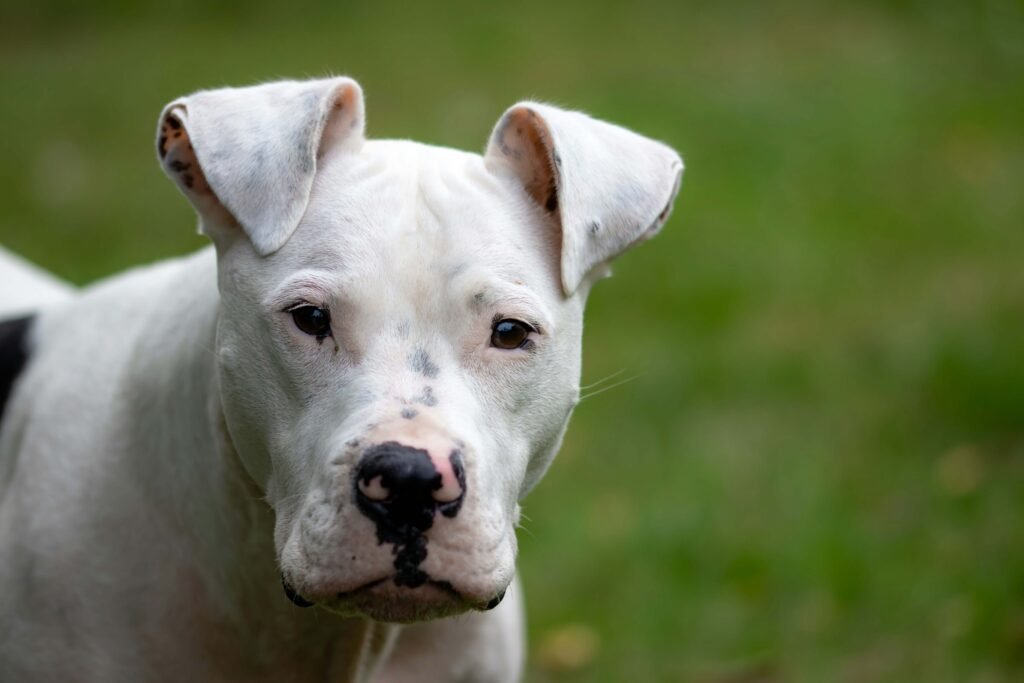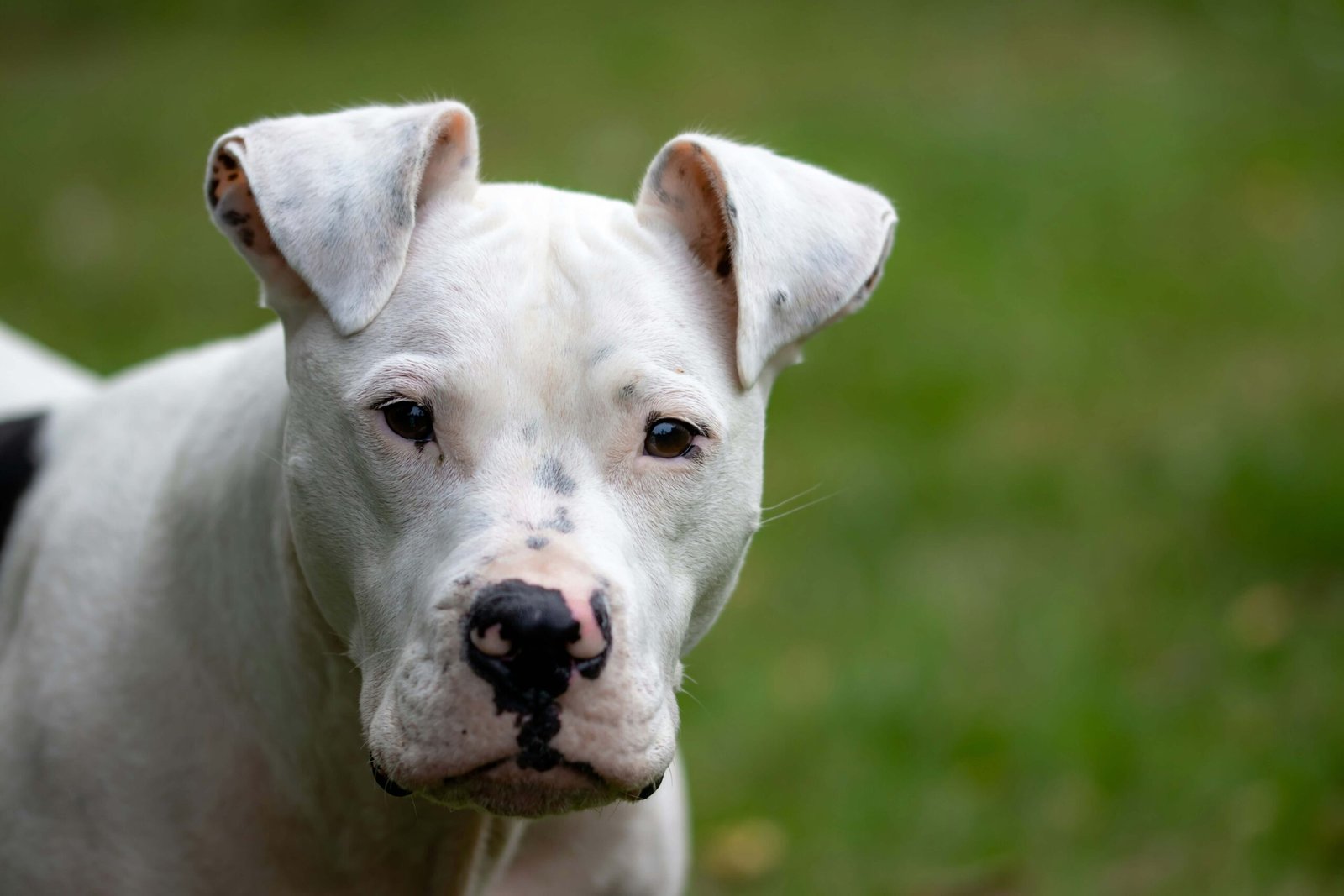Pitbull Dog Price: What You Need to Know Before Bringing One Home
The Pitbull is one of the most beloved and misunderstood dog breeds, cherished for its loyalty, strength, and affectionate nature. If you’re considering adding a Pitbull to your family, understanding the costs associated with acquiring and caring for this breed is essential. The price of a Pitbull can vary significantly based on factors such as pedigree, breeder reputation, and geographic location.
Beyond the initial purchase price, there are ongoing expenses like food, veterinary care, and training that contribute to the overall cost of ownership. In this guide, we’ll explore everything you need to know about Pitbull dog prices and help you make an informed decision about welcoming this remarkable breed into your life.
Factors That Influence Pitbull Dog Prices
The cost of a Pitbull can range from a few hundred dollars to several thousand, depending on various factors. Understanding these variables will help you budget appropriately and avoid surprises when purchasing your new companion.
Breed Purity and Pedigree:
Purebred Pitbulls with champion bloodlines often come with a higher price tag due to their desirable traits and lineage.Reputation of the Breeder:
Reputable breeders who prioritize health testing and ethical practices typically charge more than backyard breeders or puppy mills.Geographic Location:
Prices can vary based on where you live, with urban areas often having higher costs compared to rural regions.Age of the Dog:
Puppies are generally more expensive than adult dogs, especially if they are show-quality or come from sought-after breeders.Adoption vs. Purchase:
Adopting a Pitbull from a shelter or rescue organization is usually more affordable than buying from a breeder, with fees ranging from $50 to $300.
By considering these factors, you can better understand why Pitbull prices fluctuate and choose the option that aligns with your budget and values.

Additional Costs of Owning a Pitbull
While the initial price of a Pitbull is important, it’s only part of the financial picture. Ongoing expenses are a significant aspect of responsible pet ownership. Here’s what to expect beyond the purchase price.
Food and Nutrition:
High-quality dog food tailored to Pitbulls’ dietary needs can cost between $40 and $70 per month, depending on the brand and portion sizes.Veterinary Care:
Routine vet visits, vaccinations, and preventive medications (like flea and tick treatments) can add up to $500-$1,000 annually.Training and Socialization:
Professional training classes or private sessions may cost $100-$200 per course, which is crucial for managing Pitbulls’ strong personalities.Grooming Supplies:
While Pitbulls have short coats, grooming tools, shampoos, and nail clippers can total around $50-$100 per year.Miscellaneous Expenses:
Toys, bedding, leashes, collars, and other accessories can accumulate over time, costing approximately $200-$300 annually.
Factoring in these additional costs ensures you’re financially prepared for the responsibilities of owning a Pitbull.
Check this guide 👉Are Pitbulls Bad Dogs? Best 7 Expert Tips!
Check this guide 👉Saint Bernard Pitbull Mix: Best 7 Expert Tips!
Check this guide 👉Rhodesian Ridgeback Pitbull Mix: Best 7 Expert Tips!
Initial Costs | Ongoing Monthly Costs |
|---|---|
Adoption fee: $50-$300 | Food: $40-$70 |
Breeder price: $500-$3,000 | Veterinary care: $40-$80 |
Training classes: $100-$200 | Grooming supplies: $5-$10 |
Bedding and accessories: $100 | Toys and treats: $10-$20 |
Microchipping: $20-$50 | Miscellaneous: $5-$10 |
Where to Find Pitbulls for Sale or Adoption
Whether you’re looking to buy or adopt, knowing where to find Pitbulls is key to finding the right match for your lifestyle. Here are some common options to consider.
Reputable Breeders:
Ethical breeders focus on health, temperament, and genetic testing. They provide detailed information about the puppy’s background and care.Animal Shelters:
Many shelters have Pitbulls available for adoption, often already spayed/neutered and vaccinated, saving you upfront costs.Rescue Organizations:
Pitbull-specific rescues rehabilitate and rehome abandoned or neglected dogs, offering a second chance to loving animals.Online Platforms:
Websites like Petfinder or Adopt-a-Pet connect potential owners with available Pitbulls in their area.Local Community Networks:
Word-of-mouth referrals or local bulletin boards can sometimes lead to trustworthy sources for adopting or purchasing a Pitbull.
Exploring these avenues ensures you find a healthy, well-cared-for Pitbull while supporting ethical practices.
Tips for Choosing the Right Pitbull for Your Family
Selecting the perfect Pitbull involves more than just picking the cutest puppy. These tips will guide you toward making a thoughtful decision.
Assess Temperament:
Spend time interacting with the dog to gauge its personality. Look for traits like friendliness, calmness, and compatibility with children or other pets.Research Health History:
Ensure the dog has been screened for common health issues like hip dysplasia or allergies, particularly if buying from a breeder.Consider Energy Levels:
Pitbulls are energetic dogs that require plenty of exercise. Make sure your lifestyle can accommodate their activity needs.Evaluate Living Space:
Pitbulls thrive in homes with secure yards but can adapt to apartment living if given enough outdoor time and mental stimulation.Ask About Training Background:
A well-socialized and trained Pitbull will integrate more easily into your household, reducing stress for everyone involved.
Taking these factors into account helps ensure a harmonious relationship between you and your new furry friend.
Common Misconceptions About Pitbull Prices
Many people harbor misconceptions about the cost of owning a Pitbull, which can lead to unpreparedness. Clearing up these myths helps set realistic expectations.
“Pitbulls Are Always Expensive”:
While some purebreds are costly, adopting a Pitbull can be quite affordable, with fees under $300.“Cheaper Dogs Mean Lower Quality”:
Rescue Pitbulls are often healthier and better behaved than those purchased from unethical breeders.“All Pitbulls Require Extensive Training”:
Many adopted Pitbulls come pre-trained, minimizing the need for additional classes.“Vet Bills Are Unmanageable”:
Preventive care and insurance plans can help mitigate unexpected medical expenses.“Pitbulls Are High-Maintenance Pets”:
With proper care and routine maintenance, Pitbulls are no more demanding than other active breeds.
Addressing these misconceptions ensures you approach Pitbull ownership with clarity and confidence.
Benefits of Adopting a Pitbull
Adopting a Pitbull not only saves money but also enriches lives in countless ways. Here are some compelling reasons to consider adoption over purchasing.
Saving a Life:
Many Pitbulls in shelters face euthanasia due to overcrowding. Adopting gives them a second chance.Pre-Screened Personalities:
Most rescue organizations evaluate behavior and temperament, helping match you with a compatible dog.Cost Savings:
Adoption fees cover vaccinations, spaying/neutering, and microchipping, reducing initial expenses.Supporting Ethical Practices:
Adopting discourages puppy mills and irresponsible breeding practices.Instant Companionship:
Adult Pitbulls often settle into routines quickly, providing immediate comfort and loyalty.
Choosing adoption benefits both you and the dog, creating a win-win situation for everyone involved.
How to Budget for a Pitbull
Budgeting for a Pitbull requires careful planning to avoid financial strain. These steps will help you prepare for the costs associated with this wonderful breed.
Create a Dedicated Fund:
Set aside money specifically for pet-related expenses, including emergencies or unexpected vet bills.Compare Insurance Plans:
Pet insurance can offset high medical costs, ensuring your Pitbull receives necessary care without breaking the bank.Shop Smart for Supplies:
Look for discounts on food, toys, and accessories through online retailers or bulk purchases.Plan for Long-Term Costs:
Factor in aging-related expenses, such as senior care or specialized diets, to stay ahead of future needs.Prioritize Preventive Care:
Regular check-ups and early interventions reduce the likelihood of costly treatments down the road.
With a solid budget in place, you can enjoy the companionship of a Pitbull without worrying about financial surprises.
Frequently Asked Questions About Pitbull Dog Prices
How much does a Pitbull puppy cost?
Prices vary, but expect to pay between $500 and $5,000 depending on factors like breeder reputation and lineage.
Is it cheaper to adopt a Pitbull?
Yes, adoption fees typically range from $50 to $300, making it a more affordable option.
Are rare-colored Pitbulls more expensive?
Yes, unique colors like blue or merle can increase the price due to their rarity.
What are the ongoing costs of owning a Pitbull?
Monthly expenses include food, toys, grooming supplies, and annual veterinary care, totaling approximately $1,000-$2,000 per year.
What are the ongoing costs of owning a Pitbull?
While not mandatory, professional training is highly recommended to manage their energy levels and strengthen your bond.
Making an Informed Decision About Pitbull Ownership
Bringing a Pitbull into your home is a rewarding experience, but it comes with responsibilities and costs that shouldn’t be overlooked. By understanding the factors influencing Pitbull dog prices and preparing for ongoing expenses, you can ensure a happy and healthy life for your new companion. Whether you choose to adopt or purchase, prioritizing ethical practices and proper care sets the foundation for a lifelong bond. Remember, the joy and love a Pitbull brings far outweigh the financial investment—just make sure you’re ready for the commitment.
Pemphigus Erythematosus in Cats: Best 7 Expert Tips! – Learn to recognize symptoms, manage flare-ups, and improve your cat’s quality of life.
Pemphigus Erythematosus in Dogs: Best 7 Expert Tips! – Discover causes, symptoms, and treatment options to manage this autoimmune skin condition effectively.
Cat Tympanic Membrane: Best 7 Expert Tips! – Learn how to protect your cat’s eardrum, spot issues early, and ensure lifelong auditory health.
Dog Tympanic Membrane: Best 7 Expert Tips! – Learn how to protect your dog’s eardrum, spot issues early, and ensure lifelong ear health with expert advice.





